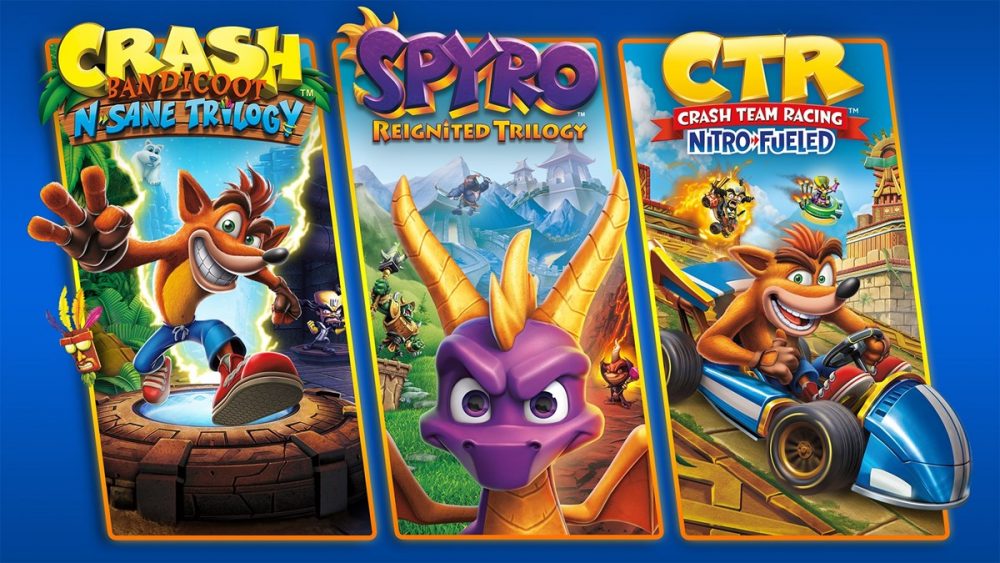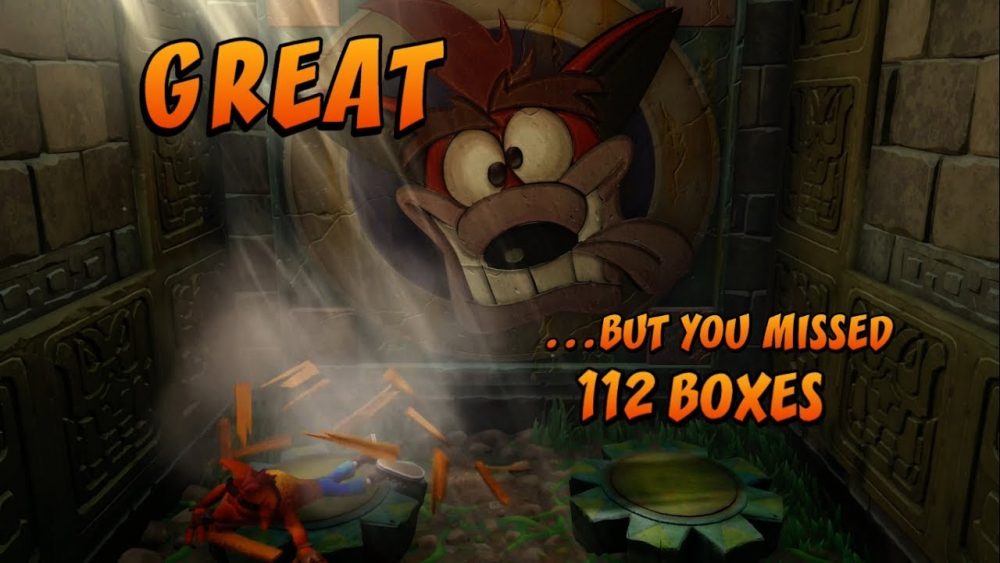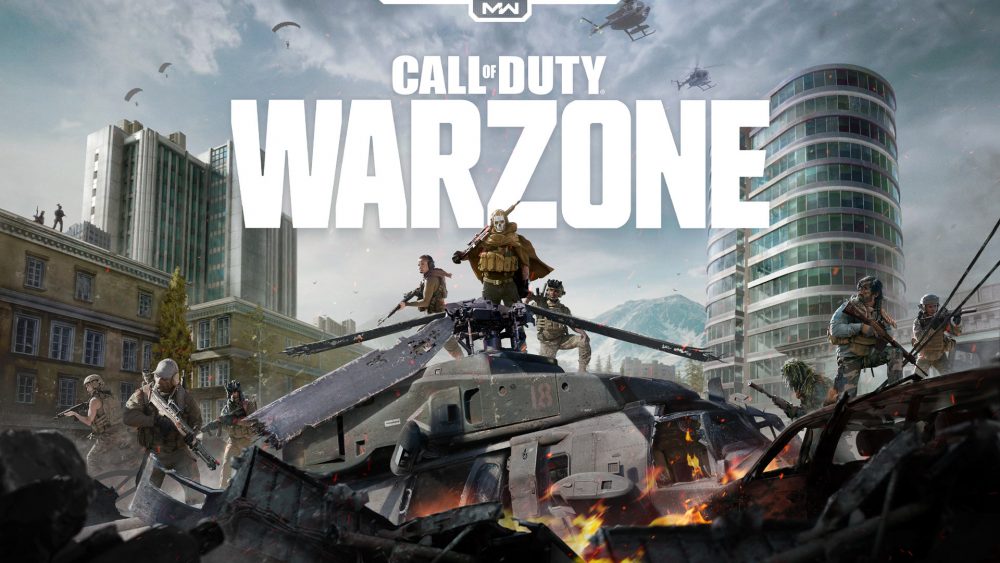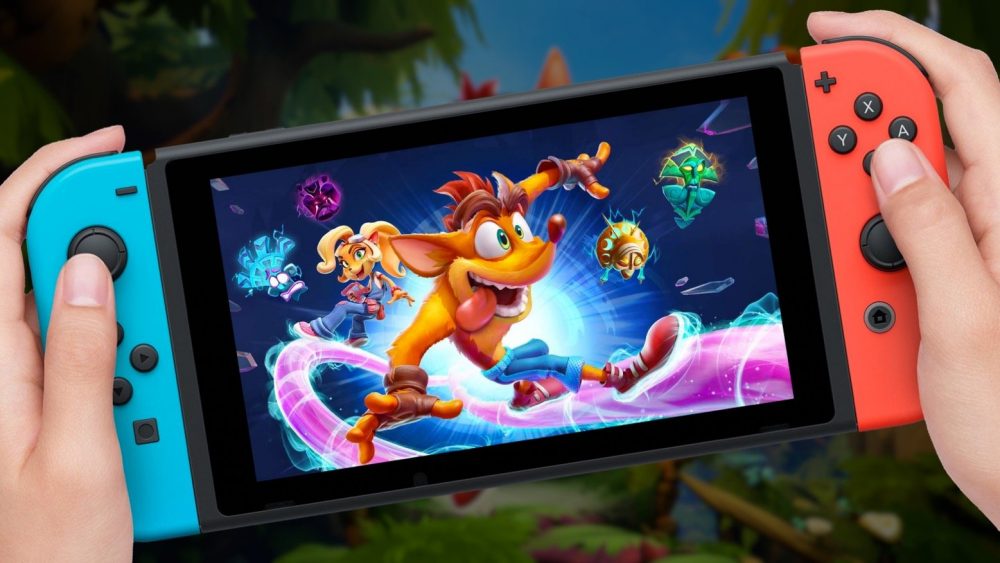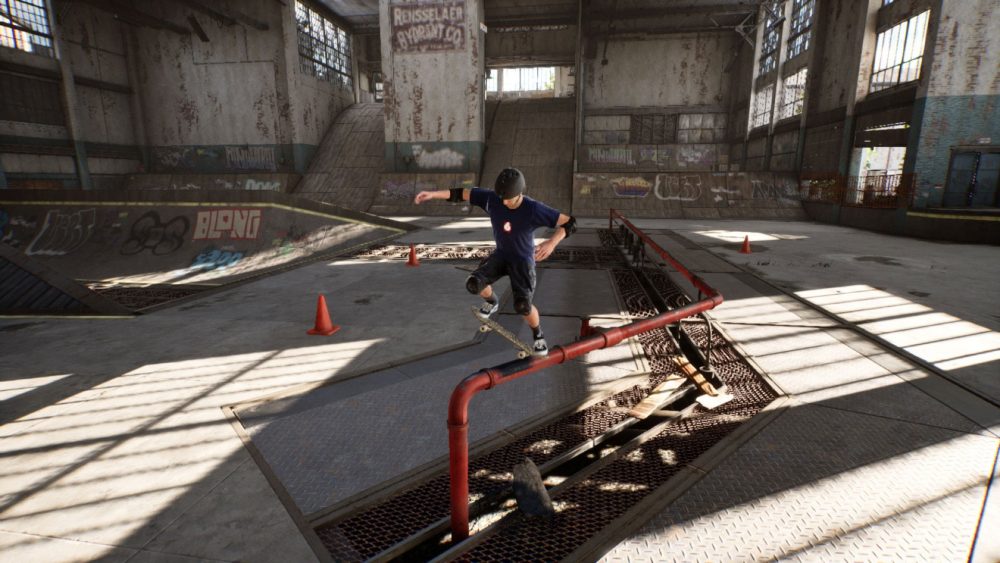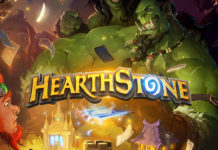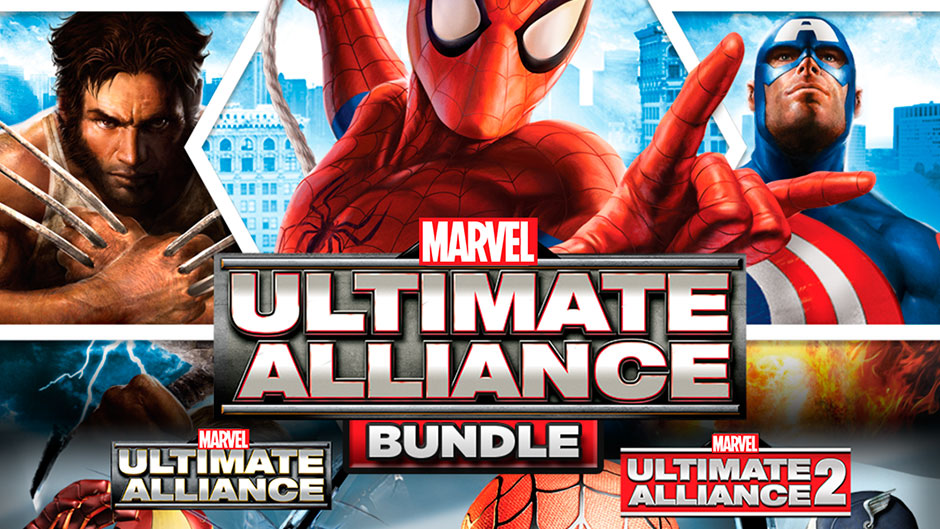To the excitement of millions like myself, Activision recently revived ’90s staples Crash Bandicoot, Spyro the Dragon, and Tony Hawk Pro Skater. The remakes lived up to our wildest hopes and expectations, recapturing the titles’ original magic while modernizing the gameplay and graphics to meet today’s standards.
The games that came out of Activision’s effort weren’t just critically acclaimed, they were commercially successful. The Crash N. Sane Trilogy sold over 10 million copies, and Tony Hawk Pro Skater 1+2 was the fastest seller in the entire skater series. Yet, Activision evidently put a stop to future Crash Bandicoot and Tony Hawk games when it turned their developers, Vicarious Visions and Toys 4 Bob, into support studios for Blizzard Entertainment and the Call of Duty franchise, respectively. Overnight, they went from studios executing their own creative visions to cogs in massive machines.
More than any other video game publisher, Activision is intensely focused on the company’s stock market performance. Money is what matters to the people at the top. A perfect demonstration of that is Activision’s CEO Bobby Kodick, who gave himself such a high salary that his own board demanded he take a pay cut.
With its eyes on the stock market, the company decided that, instead of maintaining a diverse portfolio of video games, it would consolidate around its most profitable ventures. Activision moved Vicarious Visions on to a long-planned remake of Diablo 2. While the shift was sudden, the studio at least retains a sense of autonomy as the lead developer on the project. Toys 4 Bob, on the other hand, lost any shred of independence it once claimed when it was transformed into a support studio for the Call of Duty franchise.
The Call of Duty franchise is driving most of Activision’s recent growth. The series’ annual titles are always top sellers, typically the best-selling games of any given year. The addition of the free-to-play battle royale Call of Duty: Warzone and Call of Duty Mobile made the franchise even more profitable for Activision. In order to feed the Call of Duty beast and keep players engaged, the series needs thousands of developers devoted to creating new content. That’s how the studio behind mascot platformers like Skylanders, Spyro the Dragon, and Crash Bandicoot began assisting in the development of a realistic first-person shooter franchise.
Activision could have acquired a studio with expertise in military action games, but that would have taken more time. So it decided to rip a group of developers from the types of games they spent years honing their talents on.
Activision didn’t even wait to see the sales of the Switch releases of Crash 4 and Tony Hawk’s Pro Skater 1+2 before shuffling Toys 4 Bob and Vicarious Visions on to new projects. Given its previous Crash Bandicoot titles sold best on Nintendo’s hybrid console, the publisher made its decision before even having a full picture of the games’ sales performance. But Activision knew sequels to those titles wouldn’t net as much profit as Diablo and Call of Duty, so it didn’t matter. Goodwill from fans doesn’t affect quarterly stock reports, after all.
We received a shred of hope that another Tony Hawk remake may still come to fruition, but morale remains low for fans of Activision-owned IP that don’t have the same level of upside as Call of Duty. Consolidating development around a handful of properties is very short-term thinking, putting the publisher in hot water if one of those franchises suddenly loses steam. Worse, it limits the kinds of experience fans can find in AAA video games, including entire genres that require too many resources for smaller studios to pull off.
Recent Crash Bandicoot and Tony Hawk games were by all appearances cash cows for the corporation, but Activision is in the business of breeding geese that lay golden eggs. That strategy may backfire someday, but it’s unlikely to have any short term consequences. The stock market is about how you grow in three months, not three years or three decades. Activision’s current practices carry long term risks, reduce employee morale, and lead to less interesting video games. But at least Bobby Kodick will keep making his giant bonuses.



